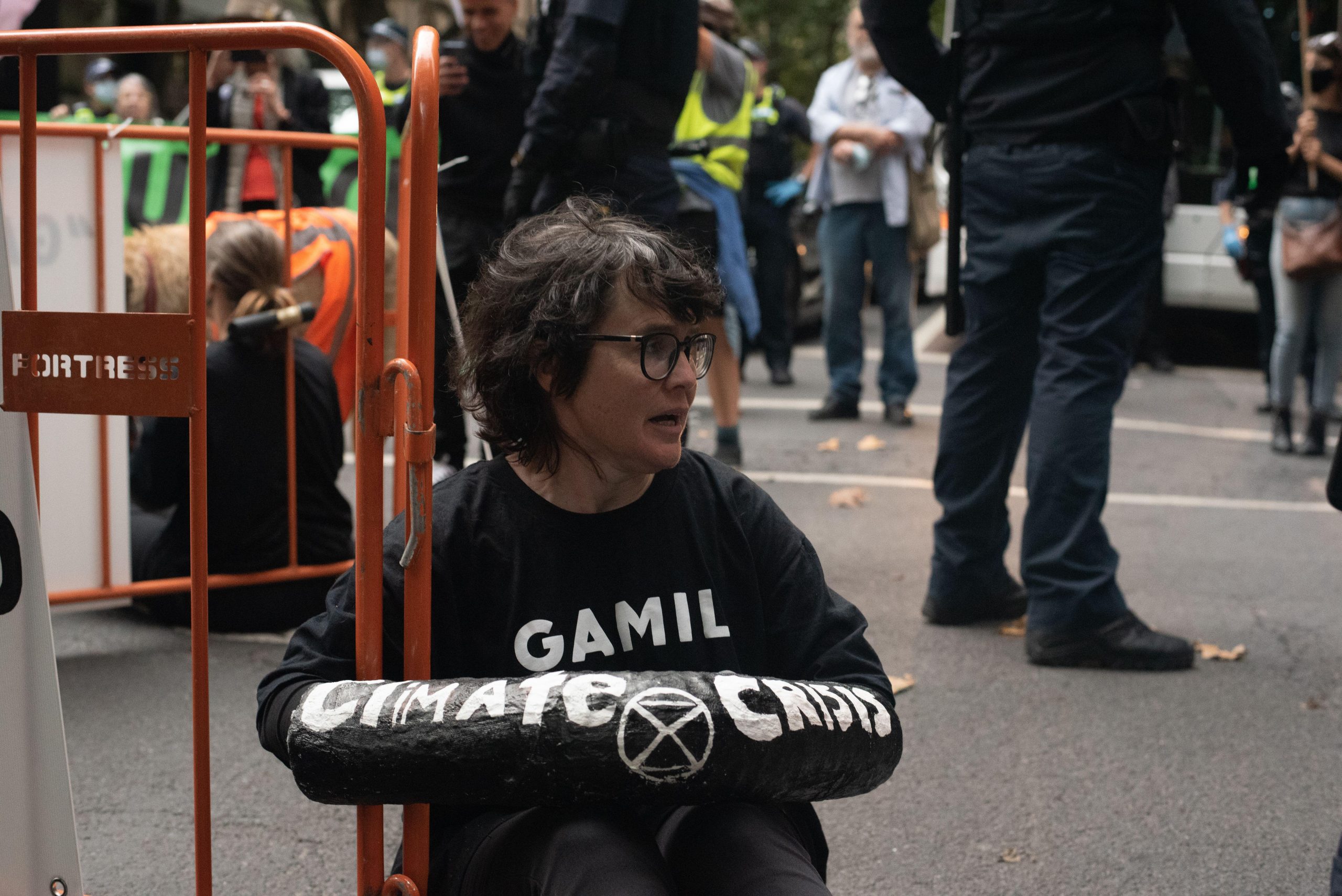 The inquiry into UK press standards does not seem to understand how to deal with the web, says
The inquiry into UK press standards does not seem to understand how to deal with the web, says
Marta Cooper
He has referred to it more than once as the “elephant in the room”.
As his Inquiry into press standards continues, Lord Justice Leveson is finding it trickier to grapple with the issues presented by the internet, perhaps the most awkward piece of the press puzzle he has been enlisted to solve.
It seemed the topic, admittedly outside of the judge’s broad terms of reference, vanished for a short time, only to rear its contentious head in the last month of witness evidence.
In May MailOnline editor Martin Clarke implored Leveson and his team to stop “obsessing” with newspapers, describing them as just one part of a wider, tangled media spectrum, and that to focus on them solely was to look backwards.
Clarke has a fair bit of clout with which to make this claim. Last December his website overtook the New York Times as the world’s most popular news site, with two-thirds of its monthly users based outside the UK. Clarke listed Yahoo!, MSN and the Huffington Post as MailOnline’s biggest competitors — sites which are making headway in becoming global news providers — in addition to unregulated bloggers and social networks.
Fundamentally, as Clarke stressed, the way we consume news has changed. “You can’t really slice and dice the Internet up into different bits,” he said. “People consume the Internet as a kind of continuous spectrum. They’ll get up, they’ll look at their friend’s Facebook page, so that friend on Facebook has published something. They’ll then follow somebody on Twitter who has also published something.”
“Stephen Fry has nearly 4 million users. He can reach more people in an hour than I can. So is he going to be regulated?”
While MailOnline follows the same rules as UK newspapers by adhering to the PCC code and abiding by laws of contempt and libel, the question is whether or not this reach will extend to his online, unregulated competitors. Easier said than done, as Clarke wrote in his witness statement:
Underpinning any press regulator as a statutory body effectively gives the state the power to licence newspapers and penalise ones that either do not join the body or ignore its rules. The only way to force bloggers to sign up as well would be to give that statutory body the same power to shut down blogs. If licensing newspapers is a severe restriction on free speech, this would be positively North Korean and the subject of mass internet protest. But even if we could get a law through, is it enforceable? Are we really going to drag Guido Fawkes off to the tower like his famous namesake for not joining the PCC?
Ultimately it is a question of adapting, rather than trying to control the changes to journalism that web publishing has triggered (in Peter Mandelson’s words, “a runaway train”). The damage, if it can so be called, has been done: for all the rich opportunity and diversity it has brought to newsgathering and production, it is undeniable that the web has shaken the newspaper industry to its very core, leaving it with little in the way of a viable business model.
Daily Mail editor Paul Dacre’s press-card system might go some way to protect the status of newspaper reporters, but what about the citizen journalists, whose material has been shown time and again to be of huge value, particularly during fast-moving news (citizens’ and reporters’ use of Twitter to keep track of the London riots is just one of a library of examples).
We have also seen the law clamp down upon those who tweet as freely as they would talk in the pub, as Swansea student Liam Stacey found out all too well. We are taking part in swathes of 140-character conversations, but how much is the average Twitter user familiar with the Contempt of Court Act, for example, and that our Attorney General is willing to come down like a ton of bricks on those who breach it? A need for a wider understanding of media law is now more relevant than ever.
Yet squaring the circle is tricky when what we’re discussing is a medium built on the basis of openness and making things easier to access.
Perhaps Leveson didn’t quite know what he had himself in for when he was appointed to lead the Inquiry last summer. He does now.
Marta Cooper is an editorial researcher at Index, where she leads coverage of the Leveson Inquiry. She tweets at @martaruco
Follow Index on Censorship’s coverage of the Leveson Inquiry on Twitter – @IndexLeveson




